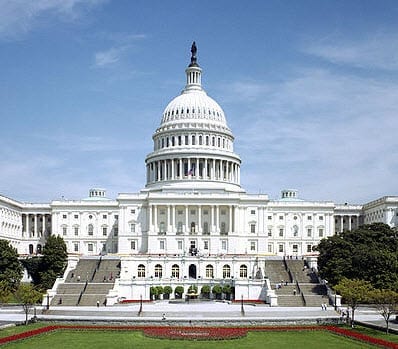Government shutdown and its impact on health insurance and reform
For the first time in 17 years, the U.S. federal government has been shut down. This comes as federal lawmakers failed to reach a compromise on the controversial Affordable Care Act, often called Obamacare. Opponents of the Affordable Care Act have sought to pull funds from the law, prohibiting its implementation. Lawmakers have also sought to delay the enactment of the law for a whole year, hoping to see health care reform take effect in 2015 rather than 2014. Supporters of the law were unwilling to accommodate these endeavors, and neither side took action on legislation concerning funding for the federal government.
A government shutdown has many implications, especially for the field of health insurance and medical care. While the ultimate impact of the shutdown is not likely to be known for some time, it is quite clear how this event will affect the Affordable Care Act. Currently, the federal law is scheduled to continue business as usual. While the shutdown will freeze funding for “non-essential” services, the health care reform law will not be derailed.
Exchanges to continue business as usual
Health insurance exchanges, which are meant to provide access to affordable health insurance coverage in every state, will still function as planned throughout the country. In most states, these exchanges have already received the funding they need to operate from the federal government. Any additional funding these exchanges need will either be covered by their host states or has already been allocated by the federal government well ahead of the shutdown. As such, the policies sold through the state-based health insurance exchanges will be enacted on January 1, 2014, as planned.
in every state, will still function as planned throughout the country. In most states, these exchanges have already received the funding they need to operate from the federal government. Any additional funding these exchanges need will either be covered by their host states or has already been allocated by the federal government well ahead of the shutdown. As such, the policies sold through the state-based health insurance exchanges will be enacted on January 1, 2014, as planned.
Many federal programs will be suspended due to the government shutdown, but this does not include Medicaid. Medicaid programs throughout the U.S. will continue to function as they have done for the past several years. Some states are opting to expand these programs in order to make them more accessible to a wider range of people. In such cases, funding from the federal government has already been supplied. Some states are choosing not to expand their Medicaid programs, favoring health insurance exchanges instead.
Federal subsidies may be affected by shutdown
The Affordable Care Act, as a whole, will not be affected by the government shutdown. The law’s various provisions are expected to become enacted on schedule. This means that health insurance will become mandatory for all U.S. citizens beginning January 1, 2014. Those that do not have coverage could face fines as high as $90. There is, of course, no jail sentence associated with a lack of health insurance coverage. One aspect of the law that may be affected by the government shutdown is the availability of subsidies that are meant to offset the cost of health insurance policies purchased through state-based exchanges. To what degree these subsidies will be affected is not yet clear, however.
